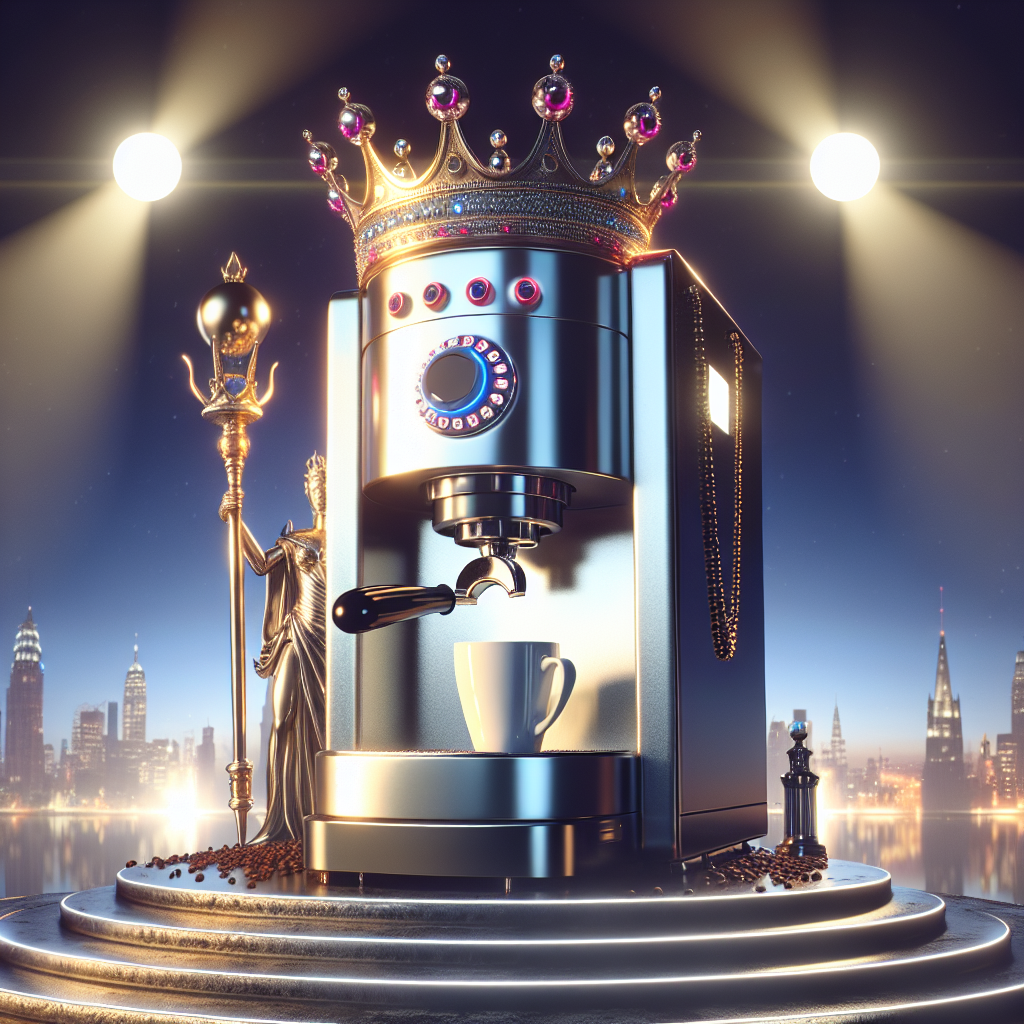Sorry Sam Altman, AI isn’t Humanity’s Magic Wand

“No, Sam Altman, AI Won’t Solve All of Humanity’s Problems”
“Maybe we can all agree that the real fear isn’t an AI apocalypse, but that AI will exacerbate the world we’re already building, one in which the benefits of technology accrue to the powerful.” This statement from Wired’s thought-provoking feature poses a controversial and rather profound question – are we indeed at the mercy of AI or are we just at risk of perpetuating our current societal imbalances through this mind-blowing technology?
Respected tech entrepreneur, Sam Altman, believes that Artificial Intelligence (AI) is our magic bullet. He perceives it as the panacea for our numerous human problems, including hunger, disease, energy and climate issues. Isn’t that exciting? Imagine a world where there’s an AI-equipped solution for every problem we grapple with every day.
Yet, as much as we are drawn into this idealistic future, one could argue (and many do) that Altman is skipping some significant considerations. He seems to conveniently forget that we are still human beings—flawed, biased, and often driven by self-interest. If AI is handed the power, won’t it merely reflect our imperfections, but on a larger, more systemic scale? And let’s not discount the ‘deus ex machina’ aspect of Altman’s argument. “Don’t worry, everyone. AI will take care of everything.” Sounds like a fantastic way to lull us into a false sense of techno-security.
Altman’s position also overlooks potential risks, such as job displacement due to automation, the widening economic divide, and the erosion of privacy. With the rapid evolution and implementation of AI, these are genuine concerns. So, before we start handing the reins over to AI, we must include these issues in the discourse.
In its essence, AI is a tool, a powerful one indeed, but still just a tool created by human minds. As such, it mirrors our strengths and our weaknesses, our nobility and our nastiness. It seems unrealistic, therefore, to assume that it can function as a flawless, omnipotent savior. It’s almost like suggesting that we toss a crown and scepter to your coffee machine and expect it to rule your kingdom wisely.
In conclusion, while AI indeed poses unprecedented promise and potential, to infer that it can single-handedly solve all of humanity’s problems may be a tad idealistic. Hopefully, as we continue the discourse about AI, we don’t lose sight of this perhaps over-reliance on it and remember to integrate it thoughtfully into our society, rather than expecting it to transform it utterly overnight.
